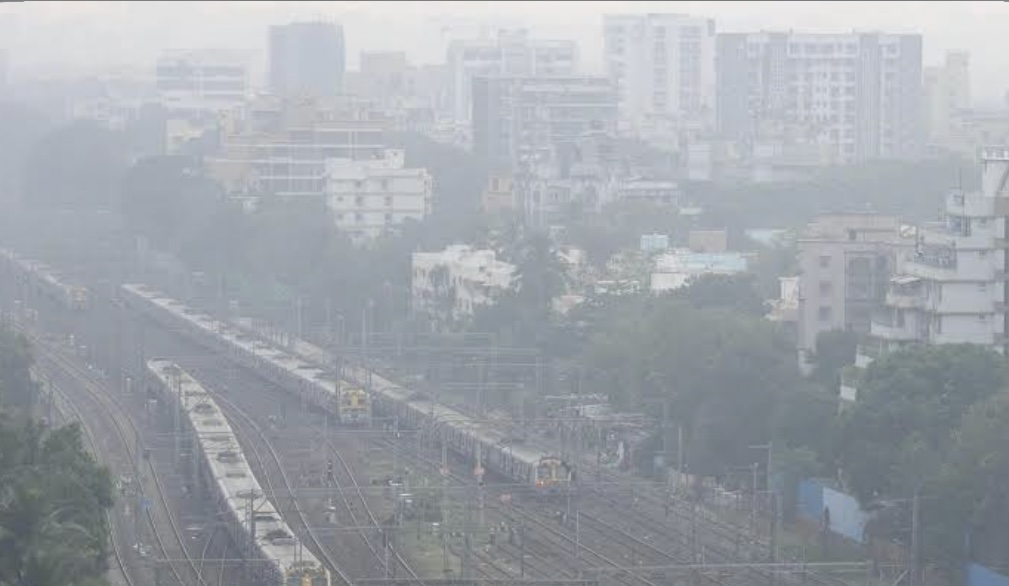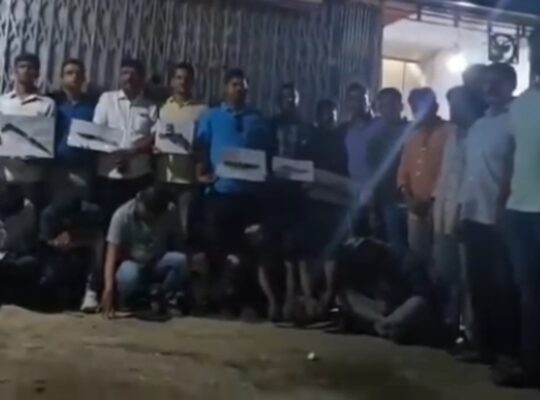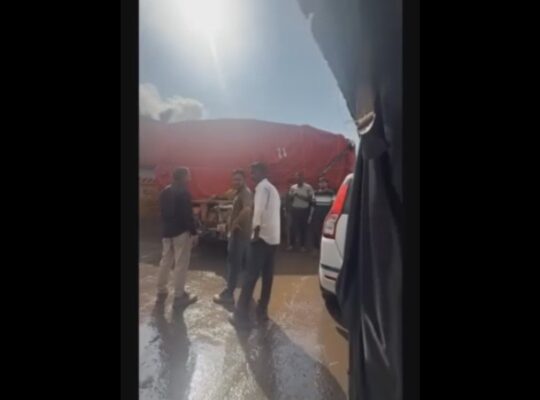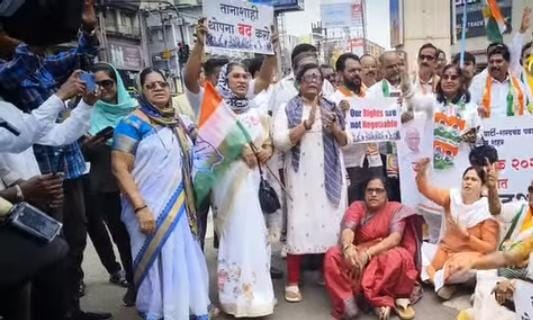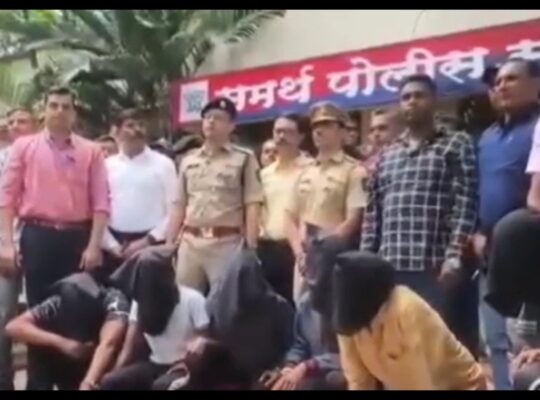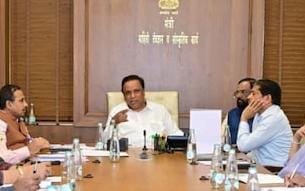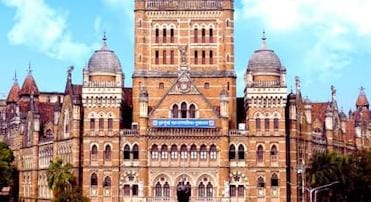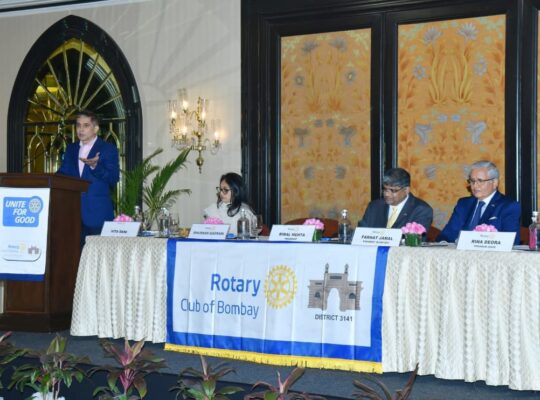Mumbaikars woke up to an unusually chilly May morning on Thursday as the city witnessed historic low temperatures paired with unseasonal rain. The India Meteorological Department’s (IMD) Colaba weather station logged a minimum of 22.2°C — the coldest May temperature ever recorded at the observatory since recordkeeping began in 1881. The previous record low was 22.8°C on May 25, 1951.
The Santacruz observatory also reported a significant drop, recording 20.6°C — marking it as the second-coldest May morning in over four decades.
The dip in temperature followed the passage of a cold front, which brought with it brief but intense rainfall across various parts of the city. Thursday marked the third consecutive day of pre-monsoon showers in Mumbai.
Maximum temperatures also took a hit. The Colaba and Santacruz observatories reported highs of 31.9°C and 32.6°C respectively. These were 1.5°C below normal at Colaba, while Santacruz remained close to seasonal averages. Notably, Colaba’s minimum was 4.7°C below normal, and Santacruz’s was 5.8°C below normal.
Typically, minimum temperatures in May over the last decade have ranged between 24°C and 27°C, making this week’s figures highly unusual.
Meteorologists attributed the rare May chill to an unstable air mass left behind by a receding cold front — a boundary separating cold and warm air masses. A yellow alert had already been issued for the region, forecasting thunderstorms, lightning, and gusty winds in isolated areas.
IMD data revealed that between May 7 and 8, the city received 32.1 mm of rainfall — making it Mumbai’s second wettest May day in the last 10 years.
The unseasonal showers were linked to a western disturbance, which caused the formation of a southward-tilting trough in the upper atmosphere, drawing in moisture and triggering storms.
Rain is likely to continue in Mumbai, Thane, and Palghar through May 9, after which dry weather is expected to return by May 10.
While the Colaba Observatory was originally set up in 1826, the IMD’s official meteorological records are considered continuous and reliable from 1881 onward — making Thursday’s reading a historic low in Mumbai’s documented climate history.

